





| Government | Country Info | Symbols | Constitution | Holidays | Map |
The Cabinet
The President |

Vice President
Hon. Nickey Iyambo
|
The Prime Minister Deputy Prime Minister and Minister of International Relations and Cooperation |
|
Minister of Social Eradication & Social Welfare Hon. Bishop Zephania Kameeta |
Urban Development |
Public Enterprises Hon. Leon Jooste |
Land and Reform |
|
Agriculture, Water and Forestry |
Justice |
National Planning Commission Hon. Tom Alweendo |
Environment and Tourism |
|
Higher Education, Training and Innovation |
Safety and Security |
Defence |
Finance |
|
Education, Arts and Culture |
Mines and Energy |
Works and Transport |
Industrialization, Trade and SME development |
|
Fisheries and Marine |
Presidential Affairs Hon. Frans Kapofi |
Gender Equality |
Minister of Labour, Industrial Relations & Employment Hon. Erkki Nghimtina |
|
Health and Social Services |
Home Affairs and Immigration |
Minister of Youth and Sport Hon. Jerry Ekandjo |
Minister of Information and Communication Technology Hon. Tjekero Tweya |
|
|
|
Government type
Republic
Capital
Windhoek
Regions
Following it’s independence, the country was divided into 13 regions as determined by the Delimitation Commission and proclaimed in March 1992. These are Omusati, Oshana, Ohangwena and Oshikoto in the north, Kunene in the north west, Kavango and Caprivi in the north east, Erongo, Otjozondojupa, Omaheke, Khomas and Hardap in the central part of the country and Karas in the south.
Independence
21 March 1990
Constitution
Ratified 9 February 1990, effective 12 March 1990
Legal system
Based on Roman-Dutch law and 1990 constitution
Executive Branch
Head of State and Government: President Hifikepunye POHAMBA (since 21 March 2005); Prime Minister Nahas ANGULA (since 21 March 2005) Cabinet: Cabinet appointed by the President from among the members of the National Assembly; President elected by popular vote for a five-year term; election last held 15 November 2004 (next to be held November 2009)
Legislative Branch
Bicameral legislature consists of the National Assembly (72 seats; members are elected by popular vote to serve five-year terms) and the National Council (26 seats; two members are chosen from each regional council to serve six year terms) . The National Assembly is headed by the Speaker . The National Council is headed by a Chairman.
Judicial branch
Supreme Court judges are appointed by the President on the recommendation of the Judicial Service Commission. The Judiciary is headed by the Chief Justice.
Political parties and leaders
Congress of Democrats or COD [Mr. Ben ULENGA, President]; Democratic Turnhalle Alliance of Namibia or DTA [Mr. Katuutire KAURA, President]; Monitor Action Group or MAG [Mr. Kosie PRETORIUS]; South West Africa People's Organization or SWAPO-Party [Mr. Sam S. NUJOMA]; United Democratic Front or UDF [Chief Justus GAROEB, President].


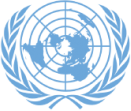

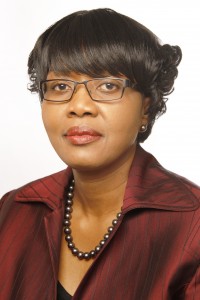

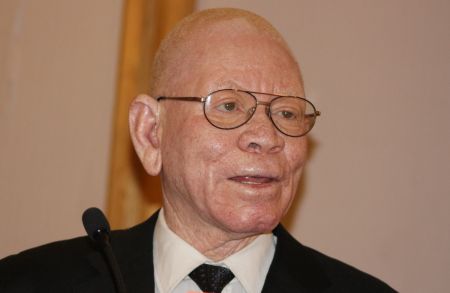


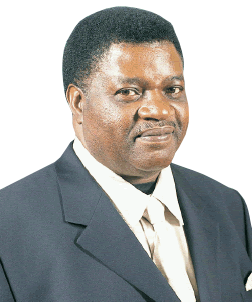






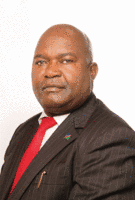
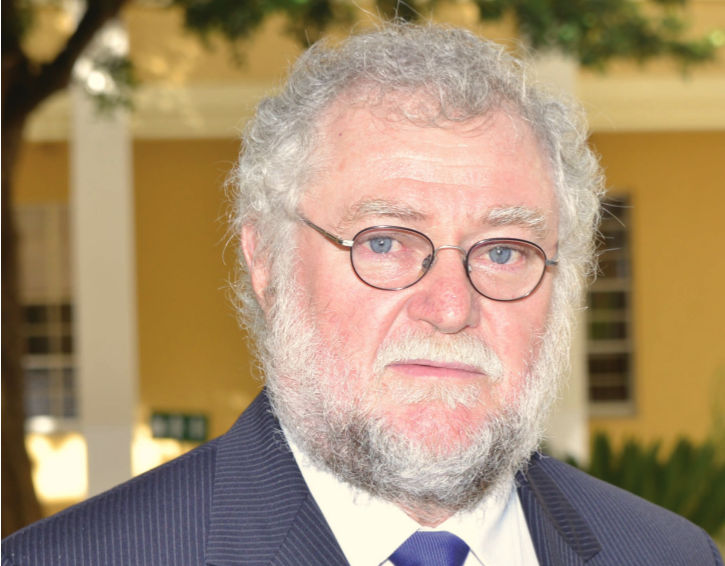
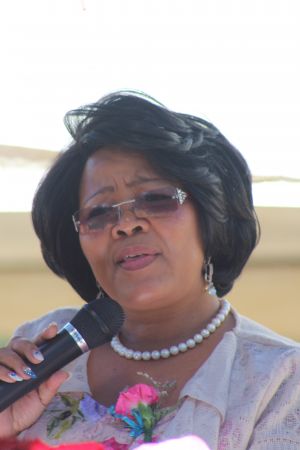




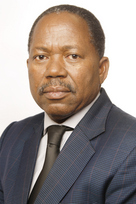
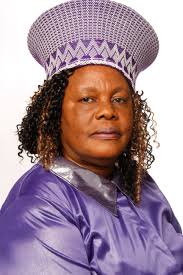
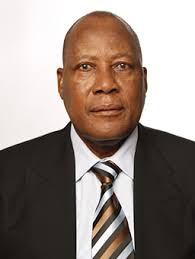
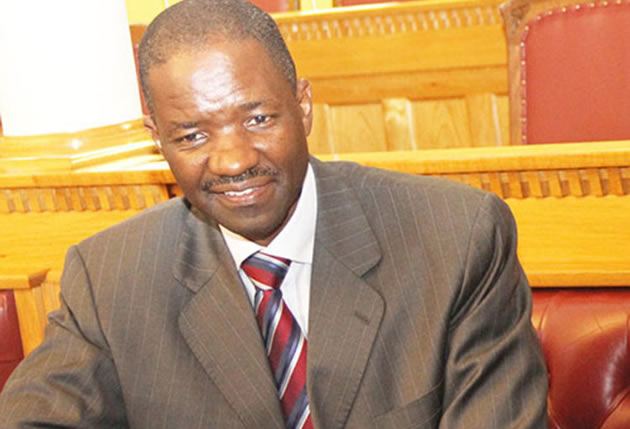



 Parliament Building
Parliament Building
 National Council
National Council